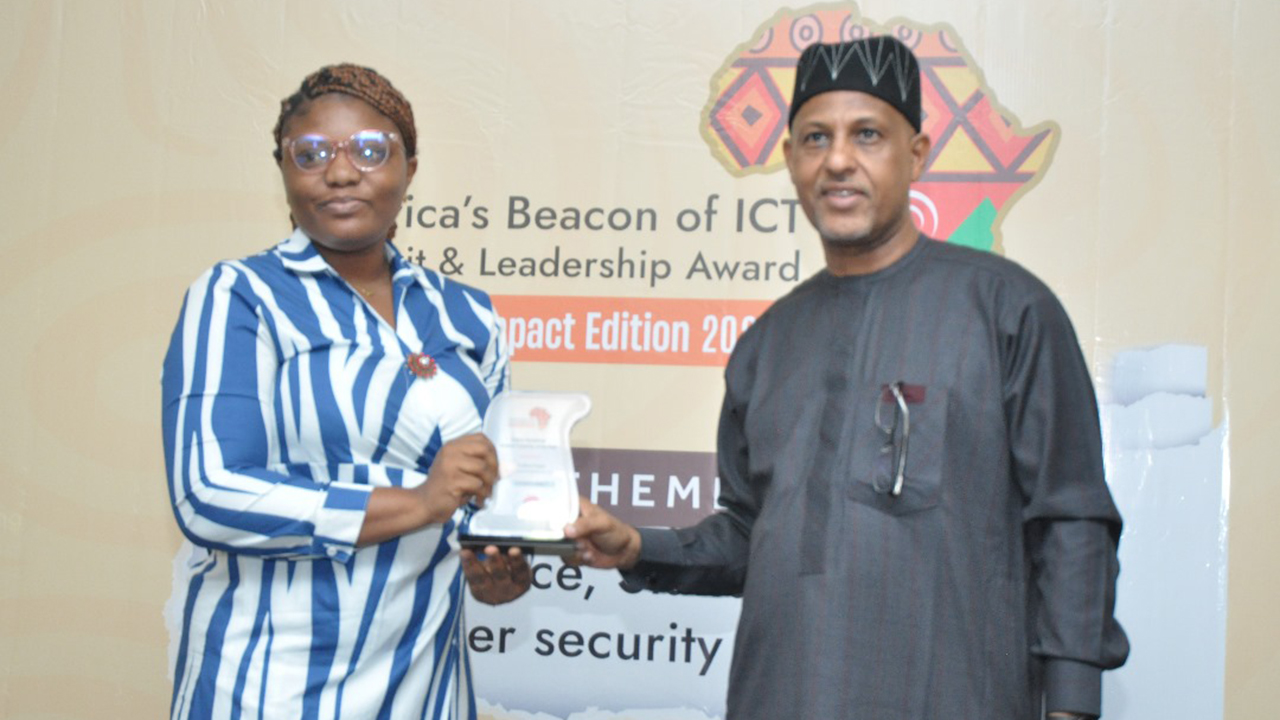
The Presidency has called for reforms within the National Hajj Commission (NAHCON) to address financial mismanagement, negligence, maltreatment of pilgrims, and late preparation for pilgrimage exercises.
On Wednesday, Chief of Staff to the President, Femi Gbajabiamila, and Deputy Chief of Staff, Ibrahim Hadeija, made this call during a fact-finding visit to NAHCON headquarters in Abuja. This visit was part of their engagement with government agencies under the supervision of the State House.
On August 16, the EFCC detained NAHCON Chairman, Jalal Ahmad Arabi, and the commission’s secretary, Abdullahi Kontagora, over illegal withdrawals and alleged mismanagement of the N90 billion 2024 Hajj intervention fund. The EFCC reported that Arabi fraudulently overpaid himself and others beyond necessary operational costs. The Commission later released Arabi and Kontagora on bail.
Addressing the challenges at NAHCON, Gbajabiamila stated:
“This is a Commission that should not be involved in any controversy due to its mandate and what it represents. It’s a religious commission set up to fulfil religious and spiritual obligations for men and women of faith.
We are surprised by issues that arise in relation to this Commission, even from my time as Speaker. Pilgrims travel every year to fulfil an Islamic religious obligation and represent Nigeria. It is expected that they will carry the emblem and flag of Nigeria with pride. However, many times, our pilgrims face maltreatment or lack of proper organisation from this Commission. The responsibility for this falls on the Commission, both in Nigeria and Saudi Arabia.”
Regarding the recent controversy that led to the appointment of a new Executive Chairman, Gbajabiamila urged the management staff to collaborate with the Office of the Vice President to identify past mistakes, make corrections, and ensure seamless operations for pilgrims.
“What happened has happened, and we are here to chart a way forward. The Commission’s system must be reformed to align with Mr. President’s Renewed Hope Agenda,” he said.
Gbajabiamila expressed optimism for a new chapter in the Commission’s operations, stressing, “Hajj is not supposed to cause pain to the pilgrims.”
Deputy Chief of Staff Hadeija stressed the need for early preparation for Hajj operations.
“Hajj is essentially a big logistics operation. From my involvement in the 2024 operation, one key lesson learned is the need for early preparation. Nigeria has the largest quota of pilgrims from Africa, and the Hajj Commission needs to be more transparent about what pilgrims are paying for,” Hadeija said.
Prince Malam Abdulrazak, NAHCON’s Executive Commissioner for Policy, Personnel Management, and Finance, called for an overhaul of the Commission’s accounting system and improvement in federal character representation.
“The Commission is described as a national entity, but the federal character is not fully represented. The nominal roll is dominated by a particular region,” Abdulrazak said.
Earlier, Gbajabiamila and Hadeija visited the National Emergency Management Agency (NEMA), where Gbajabiamila highlighted the potential role of states in providing funding through an insurance scheme or other means.
Gbajabiamila stressed the need to shift disaster management in Nigeria from a reactive to a proactive approach, noting the importance of prevention over mitigation.
“The mandate of NEMA is twofold: prevention and mitigation of disasters. It appears we concentrate more on mitigation and less on prevention. Many disasters can be avoided with better preparation and early warnings,” he said.
On funding challenges at NEMA, Gbajabiamila suggested exploring creative funding methods, including state contributions through an insurance scheme.
“What is the role of the states? How do they come in? Should we amend the legislation to allow states to form an insurance scheme and contribute to funding? Disasters occur in the states, not in a federal land,” he said.
Discussions at the meeting also highlighted the role of technology and regular training in improving disaster response. NEMA Director-General, Mrs. Zubaida Umar, reported that from January 2024 to date, the agency has provided 626,000 essential relief items to over 100,000 people across 33 states and the Federal Capital Territory.
She added that 42,000 metric tonnes of assorted grains approved by the President have been distributed to all states except Akwa Ibom and Osun due to logistic issues. “In total, we have distributed 39,347.6 metric tons of grains,” she said.






